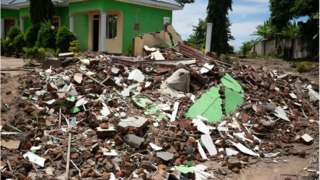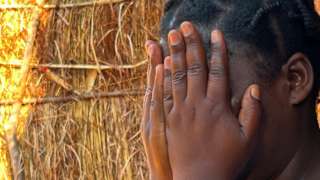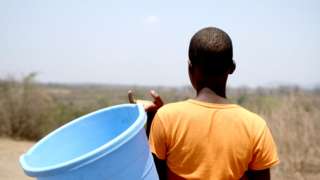Four former senior Malawi officials have been banned from entering the US over corruption allegations.
They include former police chief George Kainja, former solicitor general and secretary of justice Reyneck Matemba, former director of public procurement and disposal of assets John Suzi-Banda and former police service attorney Mwabi Kaluba.
The four were designated by the State Department “as generally ineligible for entry into the United States, due to their involvement in significant corruption”.
Mr Matemba is also the immediate former head of the Malawi Anti-Corruption Bureau.
The ban also extends to the spouses of the ex-officials.
The statement released on Wednesday said the banned officials “abused their public positions by accepting bribes and other articles of value from a private businessperson in exchange for awarding a government procurement contract for the Malawi Police Service”.
The former officials are also facing charges in Malawi after they were named on a list of more than 80 prominent Malawians accused by the anti-graft body of having corrupt dealings with a British businessman, Zuneth Sattar.
All four and Mr Sattar deny any wrongdoing.
















